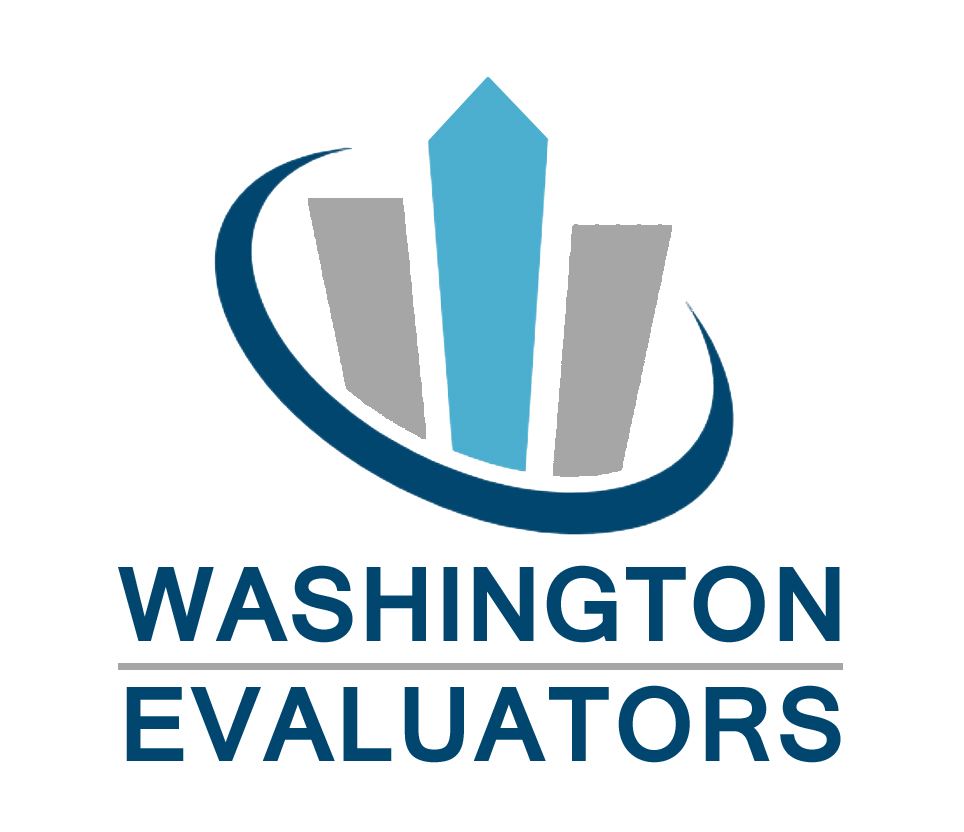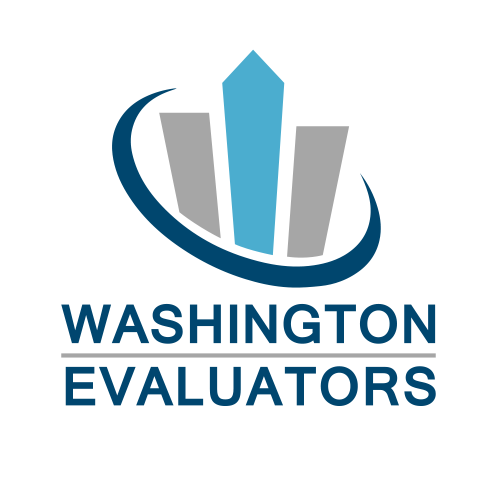|
|
| Member Spotlight The membership of Washington Evaluators is as diverse as the the industries in which they serve. In celebration, WE has launched a Membership Spotlight campaign to share the professional and personal journeys of our members, learn from each other's experiences and inspire young and/or transitioning specialists. Today, please join us in celebrating Lee Sutton.... |
|
|

Lee Sutton is the Senior Advisor for Monitoring and Evaluation at the Center for Civilians in Conflict (CIVIC), where she works across all programs to improve M&E throughout the organization. Lee brings extensive M&E experience on humanitarian, stabilization, transition, and development projects, with a focus on conflict and post-conflict environments. She has worked extensively in Africa (DRC, Burundi, Chad, Ghana, Mali, Ethiopia, Sudan, and Kenya), Asia (Afghanistan and Pakistan) and the Middle East (Egypt, Tunisia, Iraq, Lebanon, Turkey, Syria, Jordan, Gaza, and Yemen). She has previously worked for MEASURE Evaluation (2009-2011), International Medical Corps (2011-2014), Creative Associates (2014-2016), and AECOM International Development (2016-2017). Lee holds an MA in Sustainable International Development from the Heller School at Brandeis University in Waltham, Mass., and a BA in International Political Economy from the University of Puget Sound in Tacoma, Wash. Today, we ask Lee about her life as an evaluator and more: ----------
|
If you would like to nominate a member to be spotlighted, please send their name, email, and a brief statement of support to communications@washingtonevaluators.org. |
Washington Evaluators (WE) is 501(c)(3) organization and a local affiliate of the American Evaluation Association (AEA). Founded in 1984, Washington Evaluators is one of the oldest Voluntary Organizations for Professional Evaluation (VOPE) in the United States. Washington Evaluators supports the growth of the evaluation community and profession in the DC-area by promoting individual development of evaluation expertise, knowledge sharing, and collaboration. Washington Evaluators serves members by facilitating professional development events, networking, social interactions, as well as publication of upcoming evaluation events and opportunities in the region. The more 300 Washington Evaluators' members come from a diverse mix of federal, state, and local government agencies, universities and educational settings, corporate businesses and independent consulting firms, and nonprofit associations. |







